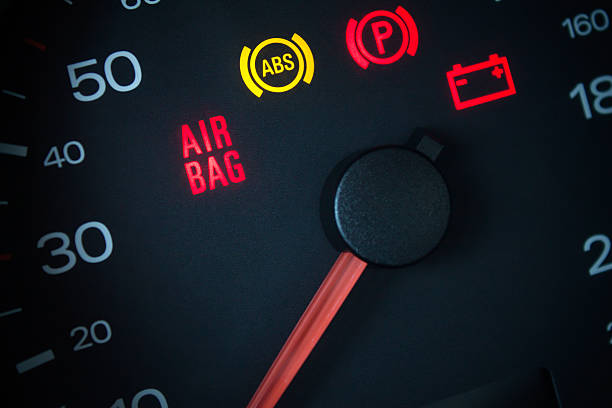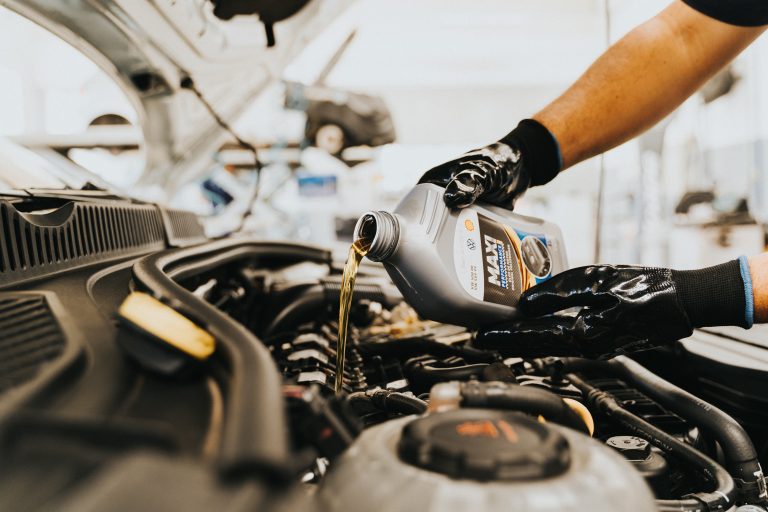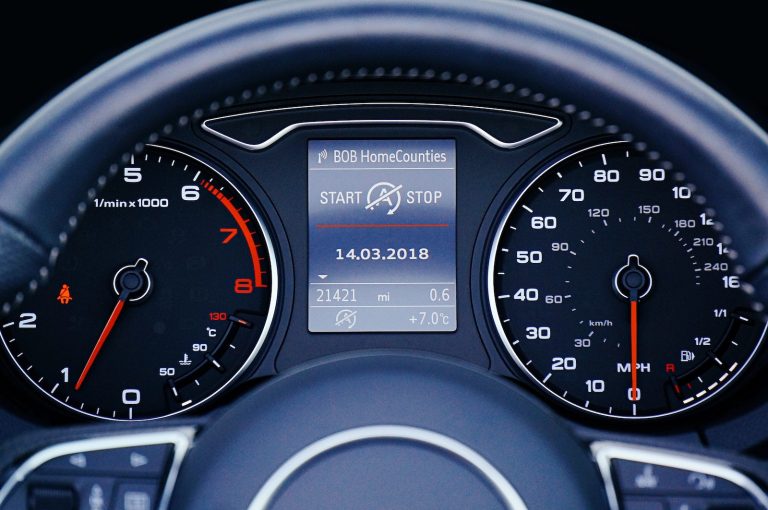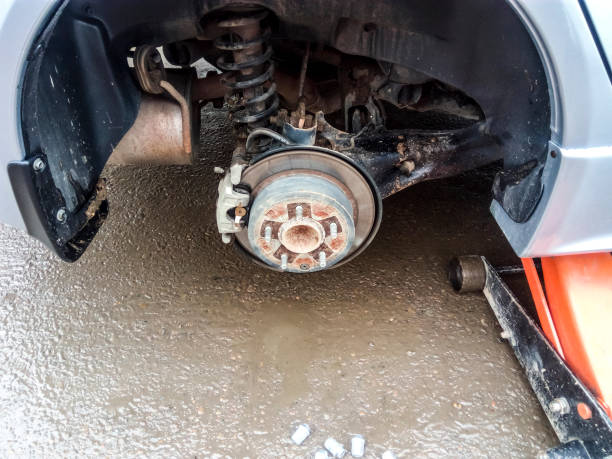When it comes to vehicle safety, the Anti-lock Braking System (ABS) plays a crucial role. The ABS light serves as a warning indicator for potential problems with the system. If you’ve noticed that your ABS light goes on and off intermittently, it’s important not to ignore it. This article will delve into the possible reasons behind the ABS light behaving in this manner, offer insights into troubleshooting, and provide solutions to resolve the issue effectively.
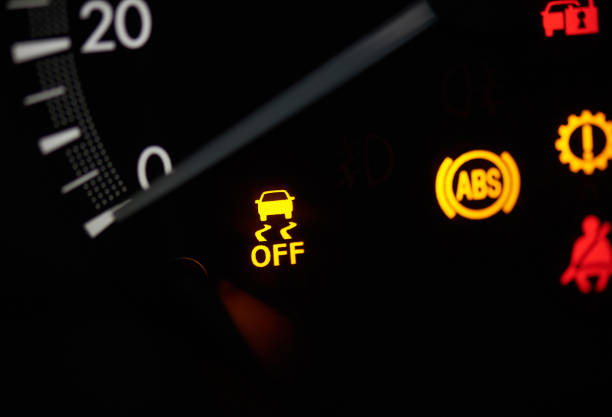
Abs Light Goes On and Off: What Does It Indicate?
The ABS light going on and off can be perplexing and worrisome for any driver. To understand the issue better, let’s explore some possible causes.
Faulty Wheel Speed Sensors
One of the common reasons for the ABS light flickering is a faulty wheel speed sensor. These sensors measure the rotational speed of each wheel and send the information to the ABS control module. If a sensor is malfunctioning, it may trigger the ABS light. Checking and replacing the faulty sensor should resolve the problem.
Loose or Damaged Wires
Another potential culprit for the intermittent ABS light is loose or damaged wires in the ABS system. These wires carry electrical signals between various components. When they become loose or damaged, they can disrupt the flow of information and trigger the ABS light. Inspecting the wires for any signs of wear or damage and repairing or replacing them as necessary should rectify the issue.
Low Brake Fluid Levels
Insufficient brake fluid levels can also lead to the ABS light going on and off. The ABS system relies on an adequate supply of fluid to function optimally. If the fluid levels are low, it can cause the ABS light to illuminate intermittently. Checking the brake fluid reservoir and replenishing it to the recommended levels should resolve this problem.
ABS Control Module Issues
The ABS control module is responsible for monitoring the ABS system’s operation and controlling its functions. A malfunctioning control module can trigger false ABS light signals. If other troubleshooting steps don’t resolve the issue, a diagnostic test to assess the control module’s health may be necessary. If a fault is detected, replacing the control module could be the solution.
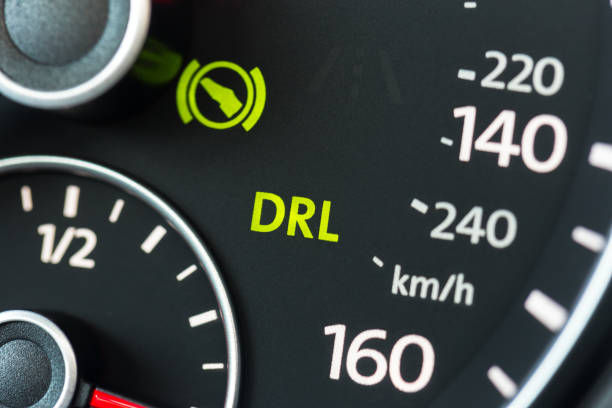
Troubleshooting Steps for ABS Light Going On and Off
Now that we have identified some potential causes, let’s explore the troubleshooting steps to address the ABS light issue effectively.
Step 1: Check the ABS Fuse
Start by checking the ABS fuse in your vehicle’s fuse box. A blown fuse can cause the ABS light to illuminate intermittently. If you find a blown fuse, replace it with a new one of the correct rating. However, if the new fuse blows as well, it indicates an underlying issue that requires further inspection.
Step 2: Inspect Wheel Speed Sensors
Next, inspect the wheel speed sensors for any signs of damage or contamination. Clean the sensors and the surrounding areas to remove any dirt or debris that could interfere with their proper functioning. If the sensors are damaged, it’s advisable to replace them.
Step 3: Examine Wiring Connections
Thoroughly examine the wiring connections in the ABS system. Ensure that all connections are secure, free from corrosion, and properly seated. If you notice any loose or damaged wires, repair or replace them accordingly. Remember to disconnect the vehicle’s battery before working on the wiring to prevent any electrical mishaps.
Step 4: Check Brake Fluid Levels
Inspect the brake fluid reservoir and verify that the fluid levels are within the recommended range. If the levels are low, add the appropriate type of brake fluid to bring it up to the recommended level. However, if you consistently notice low brake fluid levels, it may indicate a leak in the braking system that requires professional attention.
Step 5: Consult a Professional Mechanic
If the ABS light continues to go on and off despite your troubleshooting efforts, it’s advisable to seek assistance from a professional mechanic. They have the expertise and diagnostic tools to accurately identify and resolve complex ABS system issues. Prompt intervention can ensure your vehicle’s safety and prevent further damage.
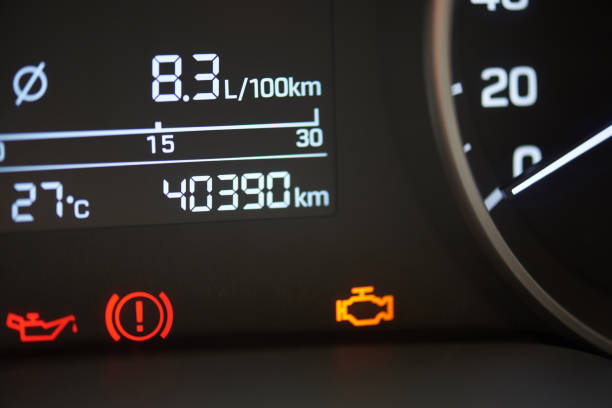
FAQs about ABS Light Going On and Off
Q1: Can I continue driving if the ABS light is on?
It’s generally safe to continue driving when the ABS light is illuminated. However, it’s important to note that the ABS system might not function as intended in the event of a sudden stop or when braking on slippery surfaces. Exercise caution and have the issue resolved at the earliest convenience.
Q2: Will the ABS light reset itself?
In some cases, the ABS light may reset itself if the issue causing it to illuminate intermittently is temporary or resolved. However, if the underlying problem persists, the light will likely reappear. It’s best to address the issue to ensure proper functioning of the ABS system.
Q3: Can I drive without ABS?
Yes, you can drive without ABS. The ABS system enhances braking performance and helps maintain steering control during emergency braking situations. While it’s advisable to have the ABS system repaired, driving without it should not pose immediate safety risks. However, exercise extra caution and adapt your driving style accordingly.
Q4: How much does it cost to fix the ABS system?
The cost of fixing the ABS system varies depending on the specific issue and the make and model of your vehicle. It’s recommended to consult a professional mechanic for an accurate diagnosis and cost estimate. Repairs can range from simple sensor replacements to more complex control module repairs, potentially costing a few hundred to a few thousand dollars.
Q5: Can I use an OBD-II scanner to diagnose ABS issues?
Yes, an OBD-II (On-Board Diagnostics) scanner can help identify certain ABS issues. However, not all OBD-II scanners have ABS diagnostics capabilities. Ensure that your scanner supports ABS diagnostics before attempting to use it for troubleshooting.
Q6: How can I prevent ABS system issues?
Regular maintenance and prompt attention to any warning lights or abnormal vehicle behavior can help prevent ABS system issues. Ensure that your vehicle’s brake system is inspected and serviced as per the manufacturer’s recommendations. Additionally, drive cautiously and avoid harsh braking maneuvers that can strain the ABS system.
Conclusion
The ABS light going on and off is an issue that should not be ignored. By understanding the potential causes and following the troubleshooting steps outlined in this article, you can effectively address the issue and ensure the optimal functioning of your ABS system. Remember, if you encounter persistent problems or are unsure about any aspect of the troubleshooting process, consult a professional mechanic for accurate diagnosis and resolution. Safe driving!

